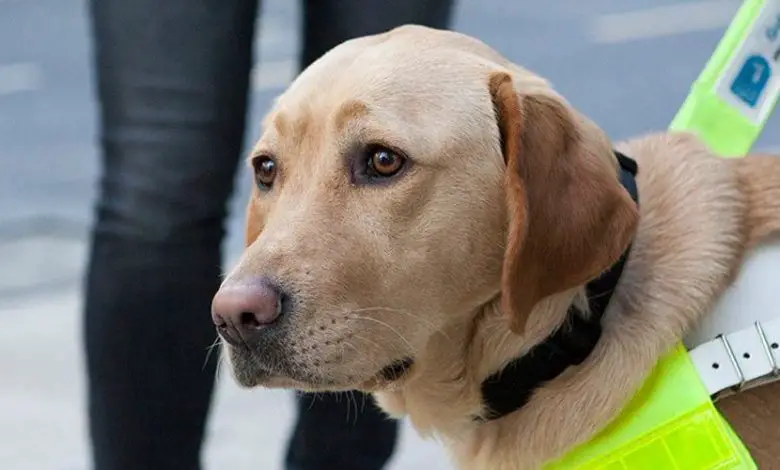
Study shows assistance dogs improve the mental health of disabled young people
A study has found that assistance dogs have a significant positive impact on the mental health of disabled young people, with more than 90% of those surveyed reporting feeling less lonely.
 The research, which was conducted by the University of Sheffield and the charity Canine Partners, has shown that assistance dogs improve feelings of loneliness, anxiety, isolation and fear for disabled young people.
The research, which was conducted by the University of Sheffield and the charity Canine Partners, has shown that assistance dogs improve feelings of loneliness, anxiety, isolation and fear for disabled young people.
Using surveys and interviews with disabled people aged between 18 and 35 who are partnered with an assistance dog, the researchers found:
- More than 90% of disabled young people surveyed reported feeling less lonely.
- 86% feel more optimistic thanks to their dog.
- 88% feel less anxiety.
- 86% feel less isolated.
- 90% said an assistance dog has boosted their confidence and helped them to navigate social situations.
- 67% said it helped put them more at ease in social situations and embrace their disability.
- More than 65% said that since getting their assistance dog, they relied less on support from human carers – with 81% saying they had reduced the discomfort and guilt they feel when relying on human carers.
- More than 50% also feel that their assistance dog had helped them take better care of their physical health.
Dr Kirsty Liddiard, Senior Research Fellow at the University of Sheffield, said: “Our research makes clear the transformative impact an assistance dog can have on a disabled young person’s life – increasing their independence, building their confidence and helping them to embrace who they are.
In the future, we would like to see policymakers, local authorities and care professionals making all young people with physical impairments aware of the possibilities and benefits of canine care.”
Sally Whitney, a disabled young co-researcher on the project, said: “Leading the project has been an honour and a joy as it is a topic that is incredibly important to me. It was because of my own experiences of being a disabled young person and having my assistance dog, Ethan, that meant I was so keen to work on the project.
This has given me the impetus to probe further into the experiences of other young people and the results have shown an even deeper level of impact than I had anticipated. It is clear that assistance dogs do so much more than physical tasks and have a transformational impact on how young people receive care and, in turn, on so many aspects of their lives.”
To read the full report, visit, The Canine Care Project: A report into disabled young people’s experiences of their assistance dogs
Also if you’re interested in looking into getting your own assistance dog, check out the Canine Partners website for more details.
Have you got an assistance dog and do you feel it has improved your mental health? Share your stories in the comments box or on Facebook and Twitter.
By Emma Purcell
More on Disability Horizons…